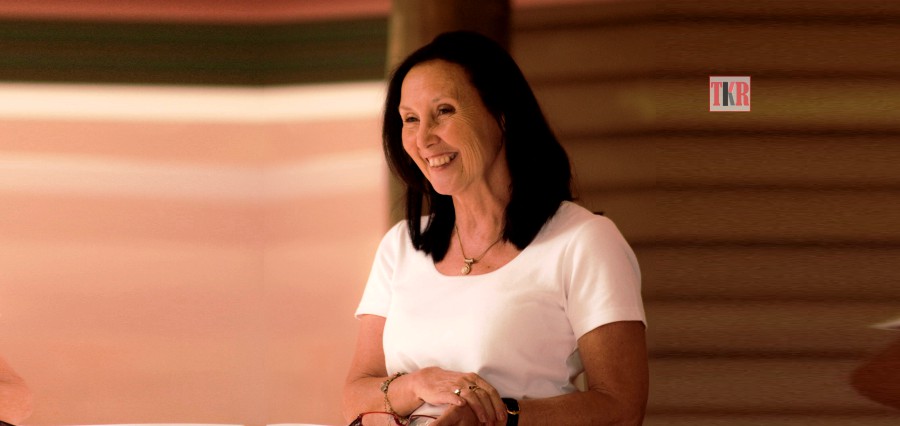Teaching can be done in a variety of ways: through Socratic enquiry, direct instruction, collaborative work, project-based learning and more. Each model satisfies particular skillsets and strategies.
The needs of students should guide the educator about the choice of teaching model, and all should be introduced to offer opportunities for students to find best methodology suited to their style of learning.
Teaching should always be linked to individualised student learning for optimal outcomes. Within a Montessori context, there are many models adopted by educators and always the deciding factor is the student needs. Often the students themselves become the teachers and peer teaching demonstrates high yield with positive learning outcomes.
Montessori is based on developmental needs and planned instruction as well as maintaining the understanding that students are constructivists, hence knowledge is acquired and sought, to widen personal understanding. Student participation and engagement is very high when they are agents in their own learning. Children naturally seek different models of how they are taught. Explicit instruction may be the first step when building a foundation of a new concept; the next step could be collaborative learning (teaching) or project-based learning.
A Montessori educator is cognisant of each teaching model and asked to identify the appropriate model for expected outcomes as well as for the student’s best learning modality. A model seldom used in a Montessori class is the ‘expert model’. We want students to question and never feel that one person holds all the answers; this promotes responsibility on behalf of students to share their own knowledge and understanding without the sense of being judged.
An enquiry-based research project yields the most positive outcomes when the educator scaffolds expectations and provides criteria to be included in student work. Generally, a student will produce far more than required, when allowed to drive own projects.
About the Author
Yvonne Rinaldi is the Principal of Caboolture Montessori School, Australia. She was born in Italy and completed primary and secondary education there. She qualified as a medical technologist in Haematology from South Africa and worked at the South African Institute for Medical Research, completing a research in ‘Child protein-calorie Malnutrition’ within the African sector of the population.
Working with children highlighted her interest in education and learning. Teaching became her next profession and she worked with children between the ages of 3 to 17. She is in education field since 40 years. She also helped her husband run five companies within the engineering field and continued studying. She has two educational degrees and a Masters in Guidance and Counselling. She believes, “We can do whatever we put our minds to.”









